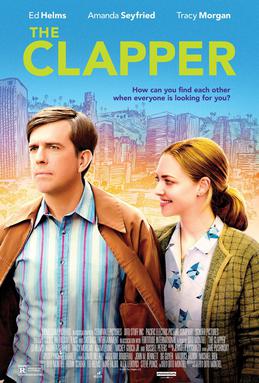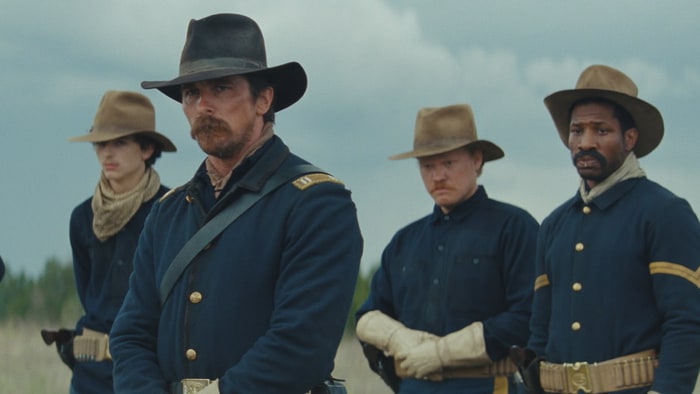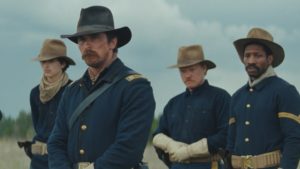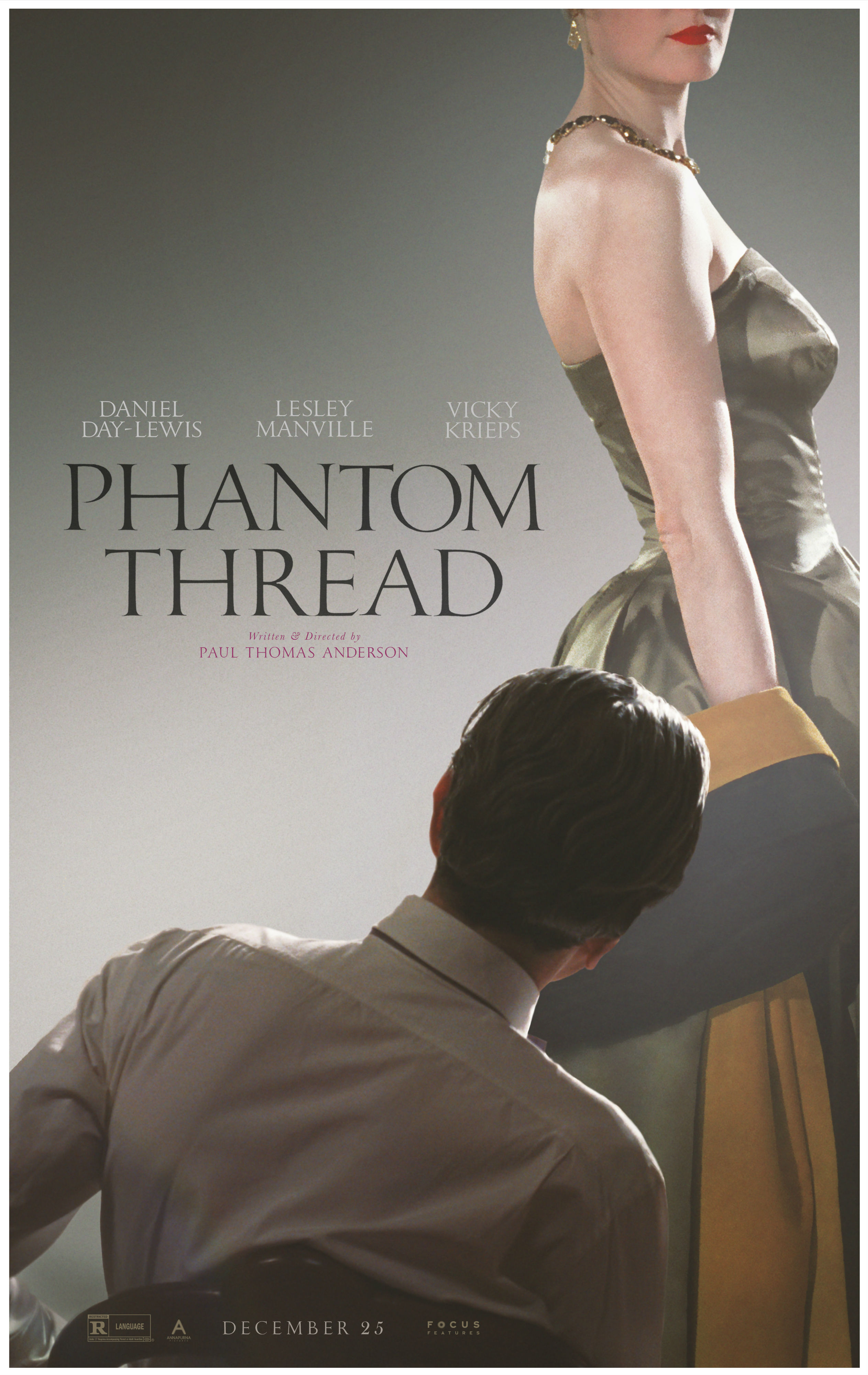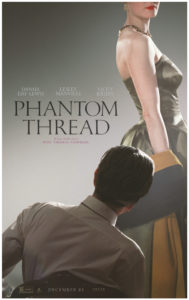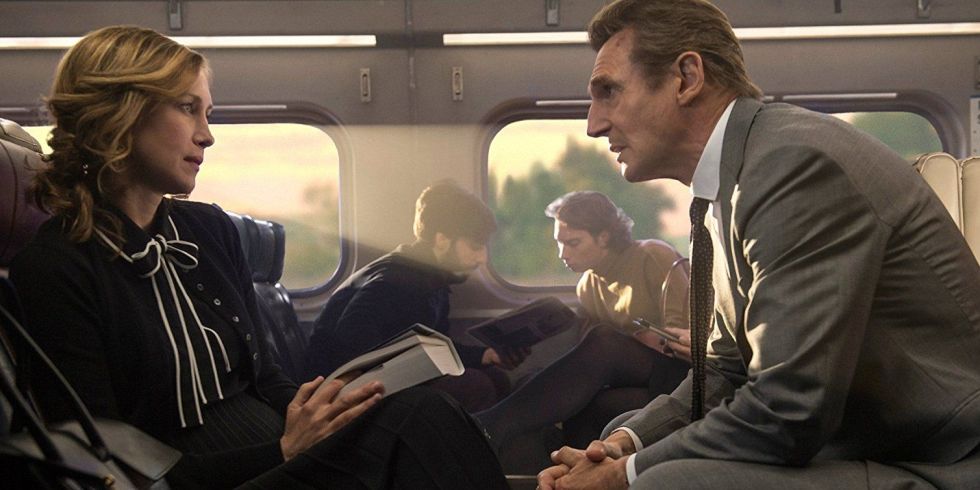The Clapper
Posted on January 18, 2018 at 4:06 pm
B-| Lowest Recommended Age: | High School |
| MPAA Rating: | Rated R for language and some sexual references |
| Profanity: | Strong language |
| Alcohol/ Drugs: | Mild |
| Violence/ Scariness: | Tense confrontations, reference to sad death |
| Diversity Issues: | None |
| Date Released to Theaters: | January 26, 2018 |
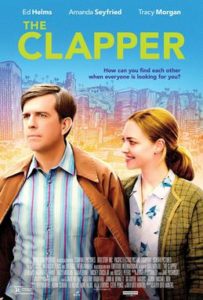
“The Clapper” is an unpretentious little indie from writer/director Dito Montiel, adapting his own novel. It has actors who are familiar from studio movies and television playing quirky characters with a bit of social satire some family dysfunction, and a love story. The screenplay is uneven, but the exceptionally strong cast makes it watchable.
Ed Helms is a gifted actor/comedian who can play something other than a repressed, depressed but very nice guy (see, for example, “Jeff, Who Lives at Home,” and “We’re the Millers”), but that seems to be where he is most comfortable. Like the neglected gem “Cedar Rapids,” which he produced, as he did here, Helms plays a man who has shut down many of his emotions following a loss. He has what might be termed a micro-job. He and his best friend, Chris (Tracy Morgan) are “clappers.” They sit in the audience in infomercials and appear to be amazed and wildly enthusiastic about whatever is being pitched. Occasionally, they will get a line like, “There’s more?” for a couple of extra bucks. He has a hat and a fake moustache to try to look different for each show.
But a late-night host (Russell Peters) figures out that it is the same guy in all of the ads, and turns it into a bit, crowdsourcing a “Where’s the clapper?” search for the elusive audience member. It goes viral. In the world of this film, there is something existentially compelling about the sad sack who has nothing better to do than pretend to be in ecstasy over a bunch of cheesy junk and get rich quick schemes.
You might think that with a main character named Eddie Krumble, the movie is going to be harsher and more sharply satiric than it is. But there is a sweetness to it that is undeniably captivating. The talk show host and his producers (Adam Levine and the very funny P.J. Byrne) are out for ratings and not especially sensitive, but they are also not cartoonish villains, and they are not without heart. Eddie is horrified at the attention and knows it means he will lose his job, but he agrees to go on the show so he can find Judy (Amanda Seyfried), the shy, animal-loving gas station attendant he loves from afar. He does not think through the consequences of his appeal, because of course he turns on her the same kind of misery he has been subjected to as a result of the spotlight.
The script is uneven, with some awkward shifts in tone, as when Eddie’s mother appears as a caricature out of step with the rest of the film. But the movie’s biggest failure is in the character of Judy. Seyfried gives one of her best performances, but cannot save the character from the lack of agency or even personality that is the fault of the script. She is pretty much just there to for Eddie to respond to.
NOTE: I have a connection to this film. My daughter, Rachel Apatoff, was the assistant costume designer. So I make no pretense of objectivity in stating that the costumes were all superb and one of the highlights of the movie.

